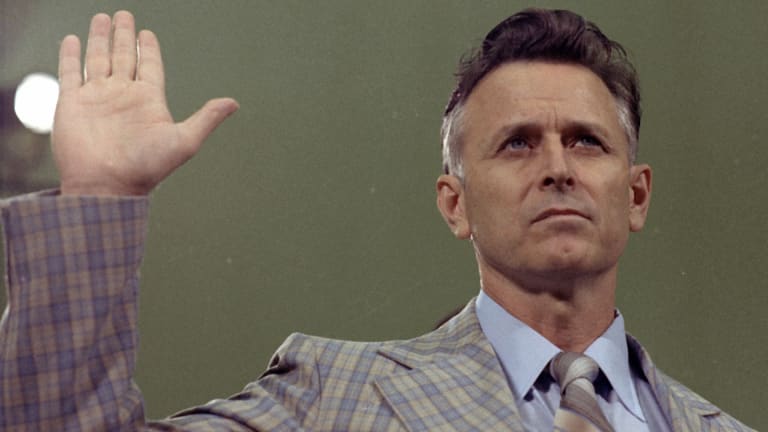James Early Ray was an American fugitive and felon convicted of assassinating Martin Luther King Jr. in Memphis, Tennessee. Ray was convicted on his 41st birthday after entering a guilty plea to forgo a jury trial. Take a look below for 27 more strange and bizarre facts about James Earl Ray.
1. Ray was born to a poor family on March 10, 1928, in Alton, Illinois, the son of Lucille and George Ellis Ray.
2. He had Ulster Scots and Irish ancestry and had a Catholic upbringing.
3. In February, 1935, Ray’s father, known by the nickname Speedy, passed a bad check in Alton, Illinois, then moved to Ewing, Missouri, where the family had to change their name to Raynes to avoid law enforcement.
4. Ray left school at the age of 15.
5. He later joined the U.S. Army at the close of World War II and served in Germany, although Ray struggled to adapt to military life and was eventually discharged for ineptness and lack of adaptability in 1948.
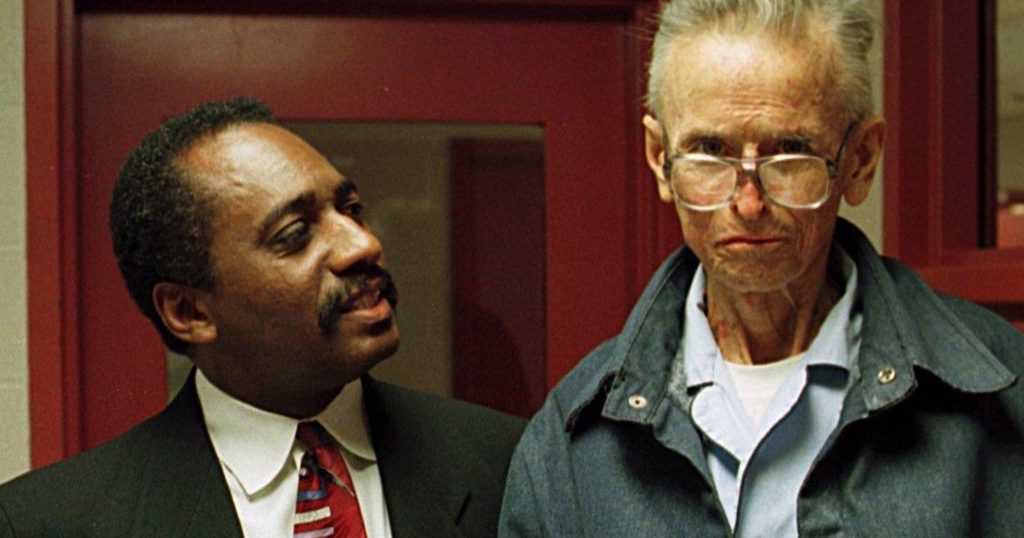
6. Ray’s first conviction for criminal activity, a burglary in California, came in 1949.
7. In 1952, he served two years for the armed robbery of a taxi driver in Illinois.
8. In 1955, Ray was convicted of a mail fraud after stealing money orders in Hannibal, Missouri, then forging them to take a trip to Florida. He served four years in Leavenworth.
9. In 1959, Ray was caught stealing $120 in an armed robbery of a St. Louis Kroger store.
10. Ray was sentenced to 20 years in prison for repeated offenses.
11. He escaped from the Missouri State Penitentiary in 1967 by hiding in a truck transporting bread from the prison bakery.
12. Ray met Anna Sandhu in 1977. A courtroom artist, Sandhu drew Ray during his trial for a prison escape attempt. The two married in 1978 and divorced in 1992.
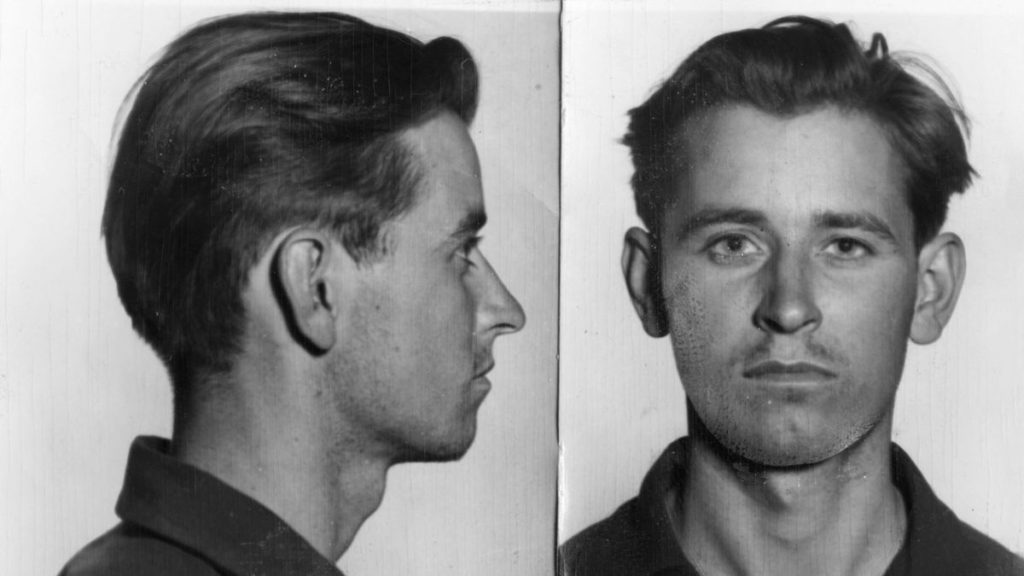
13. Exactly what led Ray to kill Martin Luther King Jr. continues to be a source of debate, as does his role in the murder.
14. Evidence suggests that Ray had little stomach for the integration policies that were sweeping the country.
15. In addition to his segregationist beliefs, he also saw a big payday, some historians have said, in killing black leaders like H. Rap Brown, Stokely Carmichael and King.
16. In April, 1968, Ray rented a room at a rooming house under the name Eric Starvo Galt, near the Lorraine Motel, where King was staying.
17. On April 4, 1968, Ray stood in the bathtub of a shared bathroom, balanced his rifle on a window ledge and shot King as the civil rights leader was standing on a balcony outside of his motel room.
18. After shooting King, Ray immediately fled, setting off a manhunt that would last more than two months and cover five countries. At the time, it was said to be the FBI’s most expensive and biggest investigation in its history.
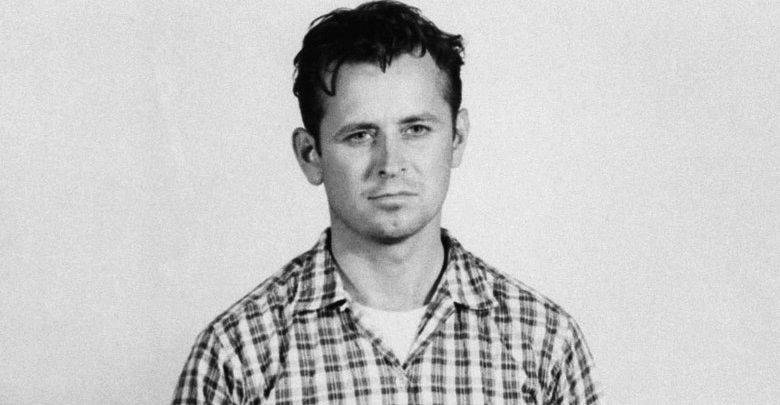
19. On July 19, 1968, the FBI caught up with Ray in London and extradited him to the United States.
20. Ray pleaded guilty to the murder, something that he’d spend the rest of his life trying to reverse, and was sentenced to 99 years in prison.
21. Three days after his confession, he recanted it.
22. Ray had entered a guilty plea on the advice of his attorney, Percy Foreman, in an effort to avoid a death sentence. The method of execution used in Tennessee at the time was electrocution.
23. Ray fired Foreman as his attorney and derisively called him “Percy Fourflusher” thereafter.
24. He began claiming that a man he had met in Montreal back in 1967, who used the alias “Raul”, had been deeply involved. Instead, he asserted that he did not “personally shoot Dr. King”, but may have been, “partially responsible without knowing it,” hinting at a conspiracy.
25. Ray told this version of King’s assassination and his own flight in the two months afterward to journalist William Bradford Huie.
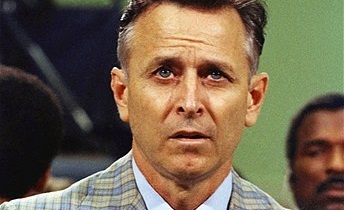
26. Huie investigated this story and discovered that Ray lied about some details. Ray told Huie that he purposefully left the rifle with his fingerprints on it in plain sight because he wanted to become a famous criminal.
27. Ray was convinced that he would not be caught because he was so smart. Ray believed that Governor of Alabama George Wallace would soon be elected president and that he would only be confined for a short time. He spent the remainder of his life unsuccessfully attempting to withdraw his guilty plea and secure a trial.

